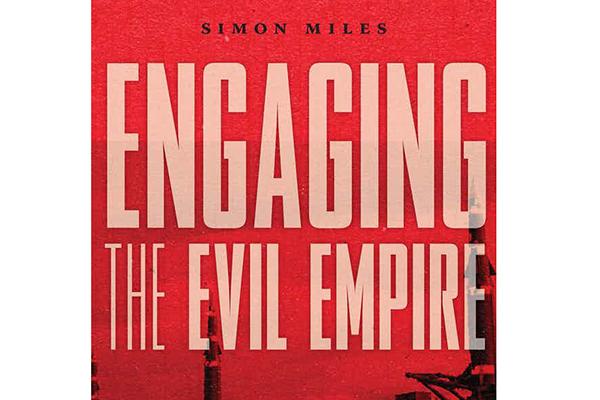
Simon Miles, assistant professor with the Sanford School of Public Policy at Duke University, discusses his book Engaging the Evil Empire: Washington, Moscow and the Beginning of the End of the Cold War.
The book explores the root causes of cooperation between two adversarial states, the United States and the Soviet Union, in order to situate the peaceful conclusion of the Cold War in a broader, international context. Between 1980 and 1985, U.S.-Soviet relations improved so rapidly and so profoundly that scholars regularly use the case as an example of longstanding rivals setting aside prior disagreements and beginning to cooperate. Engaging the Evil Empire uses recently declassified archival materials from both sides of the Iron Curtain to show how shifts in the perceived distribution of power catalyzed changes in the strategies which U.S. leaders used to engage the Soviet Union and vice versa.
